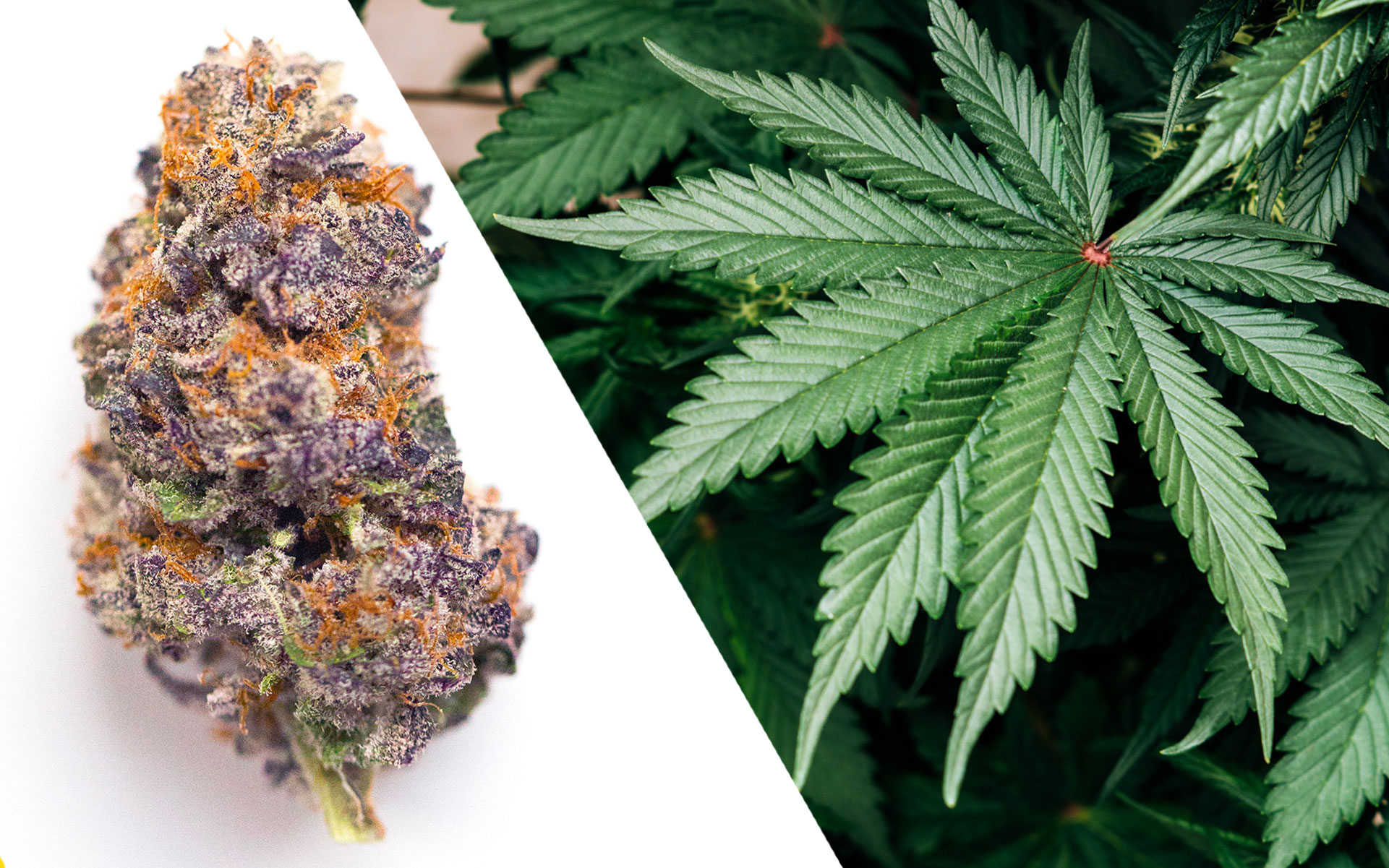The legalization and the cultivation, distribution, and culture of cannabis for medicinal and recreational use vary from country to country, as it is possible to consume it and for what medical conditions it may be used. The United Nations Single Convention on Narcotic Drugs signed in 1961, the Psychotropic Substances Convention of 1971, and the Illicit Trafficking of Narcotic and Psychotropic Substances Convention of 1988 control these policies in most countries.
Canada legalized recreational cannabis in October 2018, and cannabis became a hot topic. Nevertheless, with the focus of all our attention on North America, it is time that we turned to cannabis legalization in Europe to see what progress is being made in countries across this region
Germany
Angela Merkel’s Christian Democratic Union (CDU) is the only major political party in Germany to take a prohibitive stance in the field of recreational cannabis. Such claims are based on recent comments by CDU’s internal political spokesperson Marian Wendt, who said that ‘cannabis, with regulated processing and distribution, could be liberated for personal use.
The speed of this volte-face is what makes this case especially interesting. Just last year Marlene Mortler, the predecessor of the Bavarian sister party to the CDU, the Christian Social Union (CSU), the position was that the idea of legalizing cannabis was the wrong move as it “suggests, to young people especially, that cannabis is not a dangerous substance”.
Medical use was legalized in 2017, but stringent surveillance is being carried out. Currently, recreational usage is illegal, but the government is more and more lenient, and it does not generally prosecute individuals for up to 6 g.
France
With 4.7 million users, France has one of the highest numbers of cannabis users in Europe.
A new government commission has disputed urged France to legalize cannabis for recreational purposes. The June 2019 study says that because of the vast numbers of young people who are using it, the public spending burden, and the “black market” issues, the ban in effect for the past 50 years has failed. While strictly governed, the study recommends legalization. Just hours after the report was released, a request calling for legalization in the name of “pragmatism” was signed by seventy public figures that include the number two in the ruling party of Macron.
Sibeth Ndiaye, spokesperson of the government said it is not their stance that goes into cannabis legalization, but Richard Ferrand, parliamentary chairman of Mr. Macron’s LREM, confirmed that the topic remained open to debate.
Luxembourg
The first country to consider cannabis legalization in Europe for personal use will be Luxembourg, one of Europe’s smallest nations. Prime Minister Xavier Bettel declared in November 2018 that a full-scale, adult consumer market by 2022/23 will be legalized in all three major coalition parties – Luxembourg Socialist Workers’ Party, the Democratic Party, and the Greens.
Whilst medicinal cannabis has been legal from June 2018, once the new legislation is enacted, the possession of 30 g of cannabis, the same amount as is legal in Canada, will be permissible for individuals. The specific aspects of this law, such as age limits and a ban on non-residents to discourage drug tourism are still under consideration.
United Kingdom
The United Kingdom has seen shifts in drug legislation in the past year, inspired by the Alfie Dingley and Billy Caldwell incidents. The boys had suffered from serious seizures and were prohibited from receiving cannabis drugs by the State.
The Home Office launched a study of medicinal cannabis, which ultimately resulted in its reportage, following a media storm focused on Billy Caldwell’s mother Charlotte attempting to get his son’s medication over the borders. Since then, two drugs based on cannabis have gained NHS approval and CBD health products are becoming increasingly relevant and can be bought on the streets.
The interest in recreational legalization has grown amid these changes. Earlier this summer MPs David Lammy, Norman Lamb, and Jonathan Djanogly traveled to Canada to gain a deeper understanding of controlled cannabis markets policies, business, and public experience. In the BBC coverage, each MP concluded that markets for adult use should be legalized in five to ten years.
Conclusion
Cannabis legalization in Europe for recreational use has been taking the course, or at least the possibility to do so is debated. However, it is important to note that in some countries the rate of reform is slowing, with the Italian decision in May 2019 to ban sales of ‘light cannabis’ products up to 0.2% THC.
